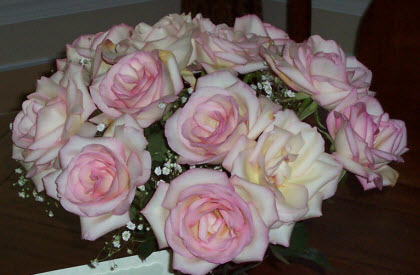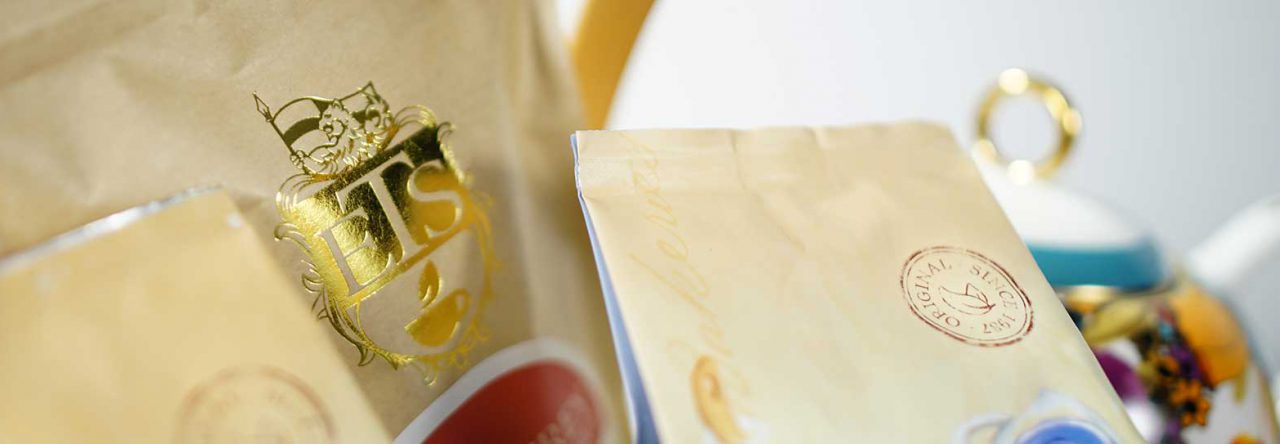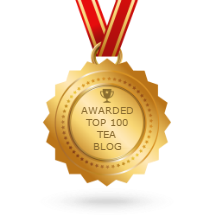A recent online search for another article on this blog popped up some results that has me calling for a tea term revolution.
For all you folks who don’t like to read anything negative or even just a teensy bit harsh, here is a lovely photo of some roses my hubby bought me for my birthday one year:

For the rest of you, read on.
Awhile back people started complaining that searching for “tea party” started popping up all kinds of political links. Well, searching for “tea” can be even more frustrating, with women named “Tea” (pronounced “TAY-uh” or “TEE-uh”) claiming top spots in the hits returned by the search engine, along with the Texas Education Agency (shortened to “TEA”) and the town of Tea, South Dakota.
When researching tea growers in the U.S., the confusion reigned supreme, due to using the word “tea” to refer to a variety of steeped and infused items.
Examples of what popped up instead of true tea:
- Acai Berry Tea
- Blueberry Tea
- Chamomile Tea
- Cinnamon Vanilla Tea
- Cool Mountain Mint Tea
- Cranberry, Raspberry & Elderflower Tea
- Lemon Balm Tea
- Lemon Ginger Tea
- Lemon Verbena Tea
- Licorice Tea
- Mango Passionfruit Tea
- Meyer Lemon Tea
- Peppermint Tea
- Spearmint Tea
- Wild Raspberry Tea
- Yumberry Blackcurrant Tea
Here I am trying to find tea, as in the kind you steep from the leaves of the Camellia Sinensis plant, and instead I get all of the above or, worse yet, my list of choices is liberally laced with the above (and the fruit teas are just fruit, no tea). It takes a lot of time to sort through all these extra results, often requiring that I go to the vendor’s description and read very carefully to figure out what’s what. What to do? Well, that’s where the tea term revolution comes in.
Don’t worry. No guns. No stink bombs. Not even any peace protesters. Just a commitment to using the term “tea” only for Camellia Sinensis products, whether flavored, straight, scented, or blended. Vendors are gonna do what they’re gonna do — which usually means going along with whatever will sell their products. We who write about tea, however, are not bound by the requirements of commerce. We can, instead, adhere to the rational and factual.
Here’s a teacup toast to proper tea terminology!
See more of A.C. Cargill’s articles here.
© Online Stores, Inc., and The English Tea Store Blog, 2009-2014. Unauthorized use and/or duplication of this material without express and written permission from this article’s author and/or the blog’s owner is strictly prohibited. Excerpts and links may be used, provided that full and clear credit is given to Online Stores, Inc., and The English Tea Store Blog with appropriate and specific direction to the original content.



Leave a comment